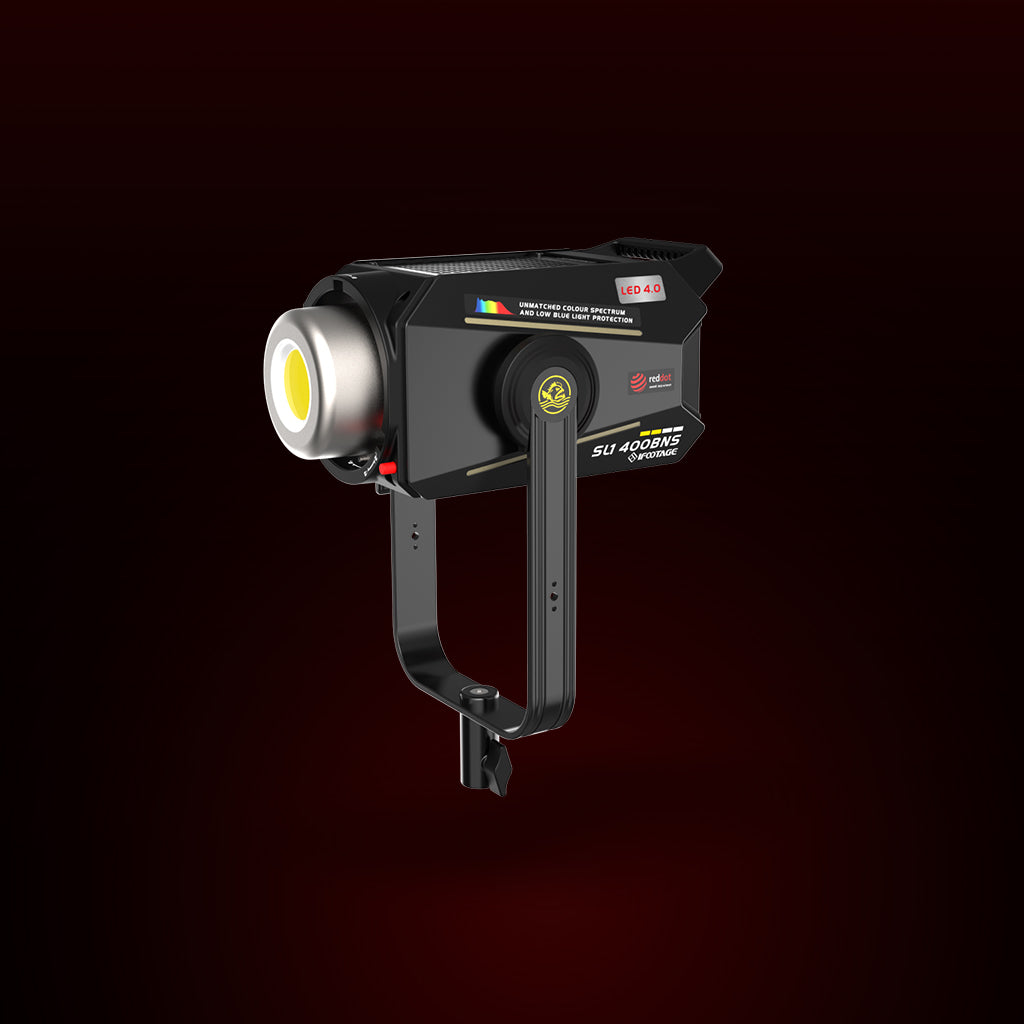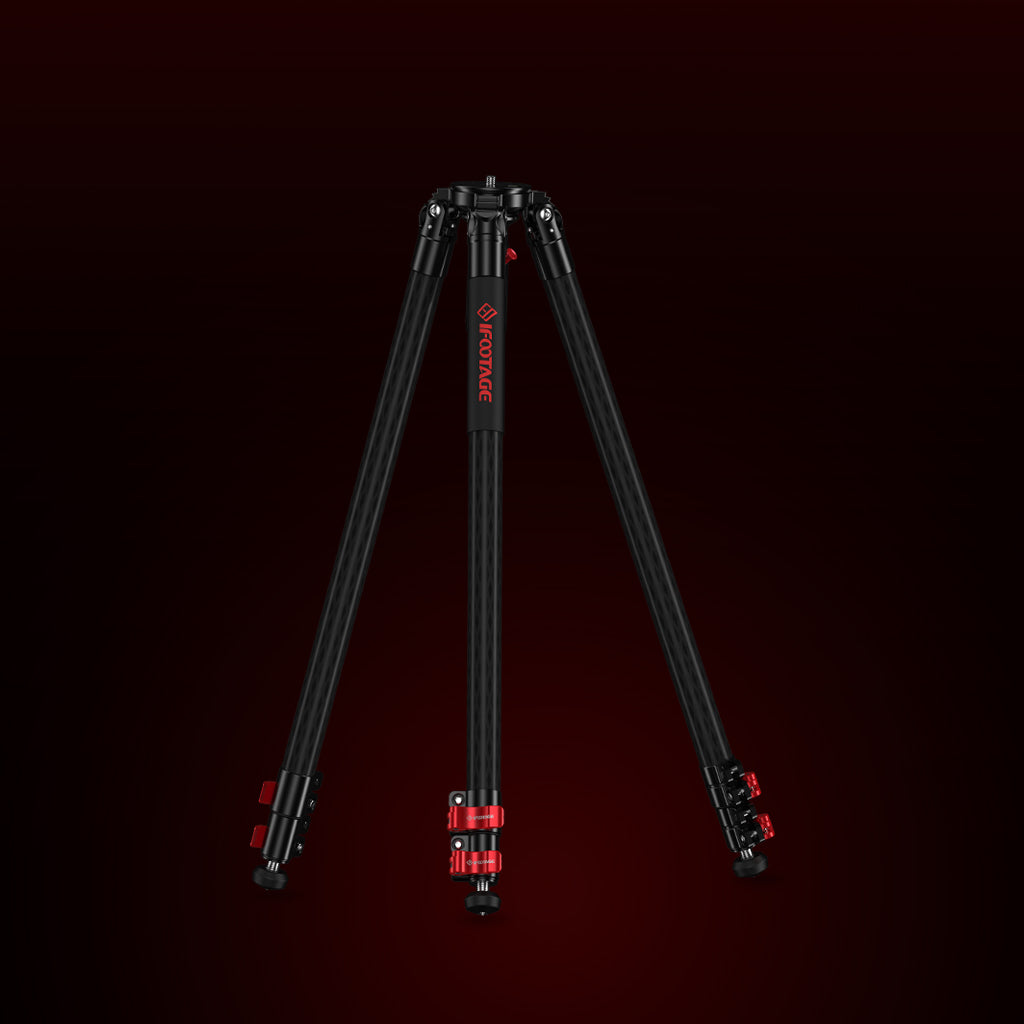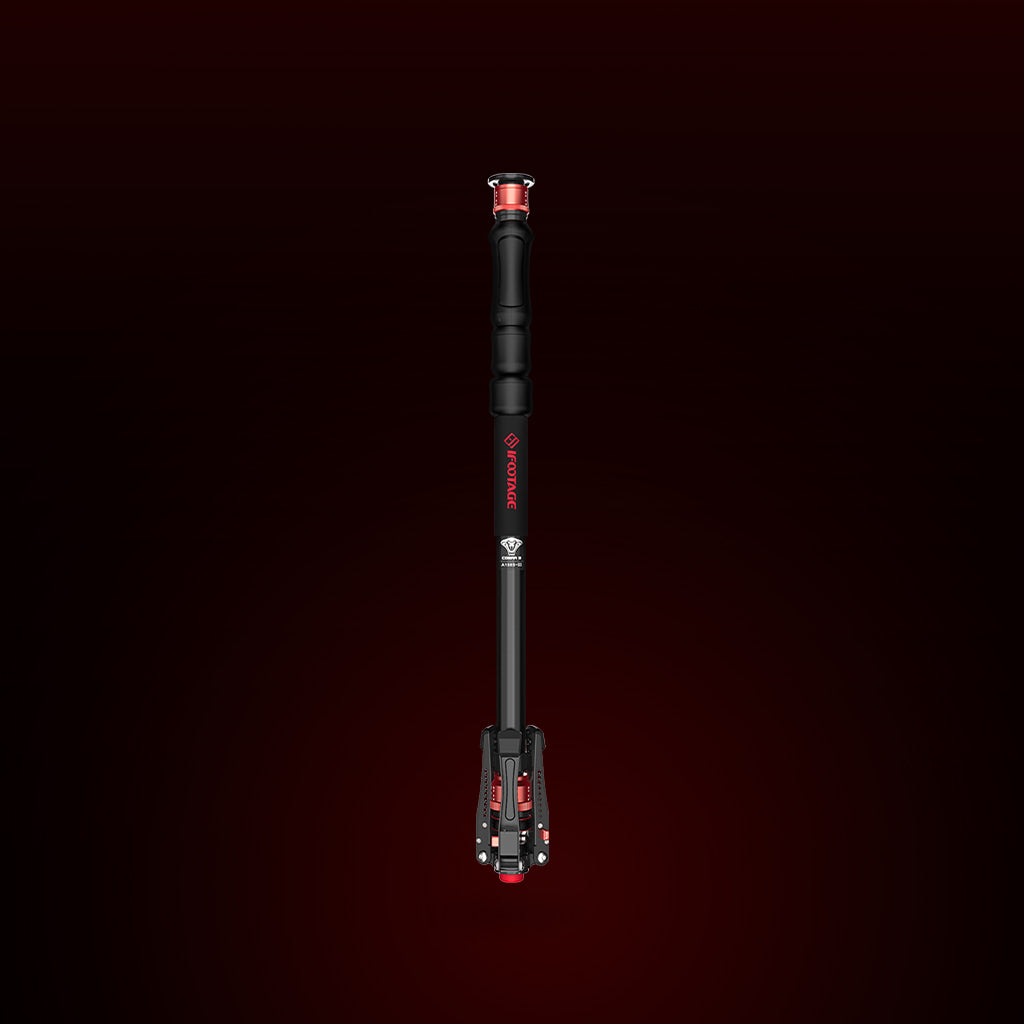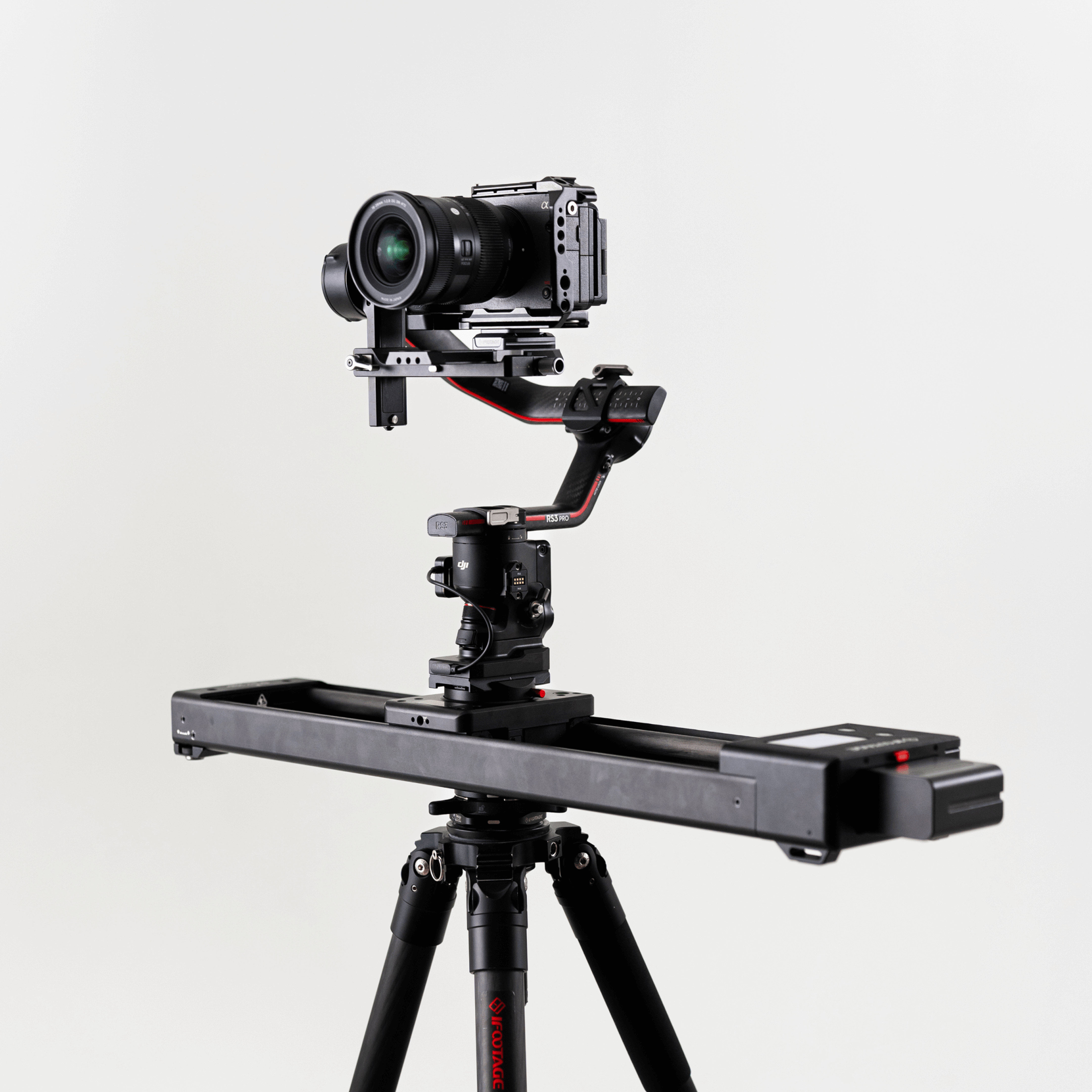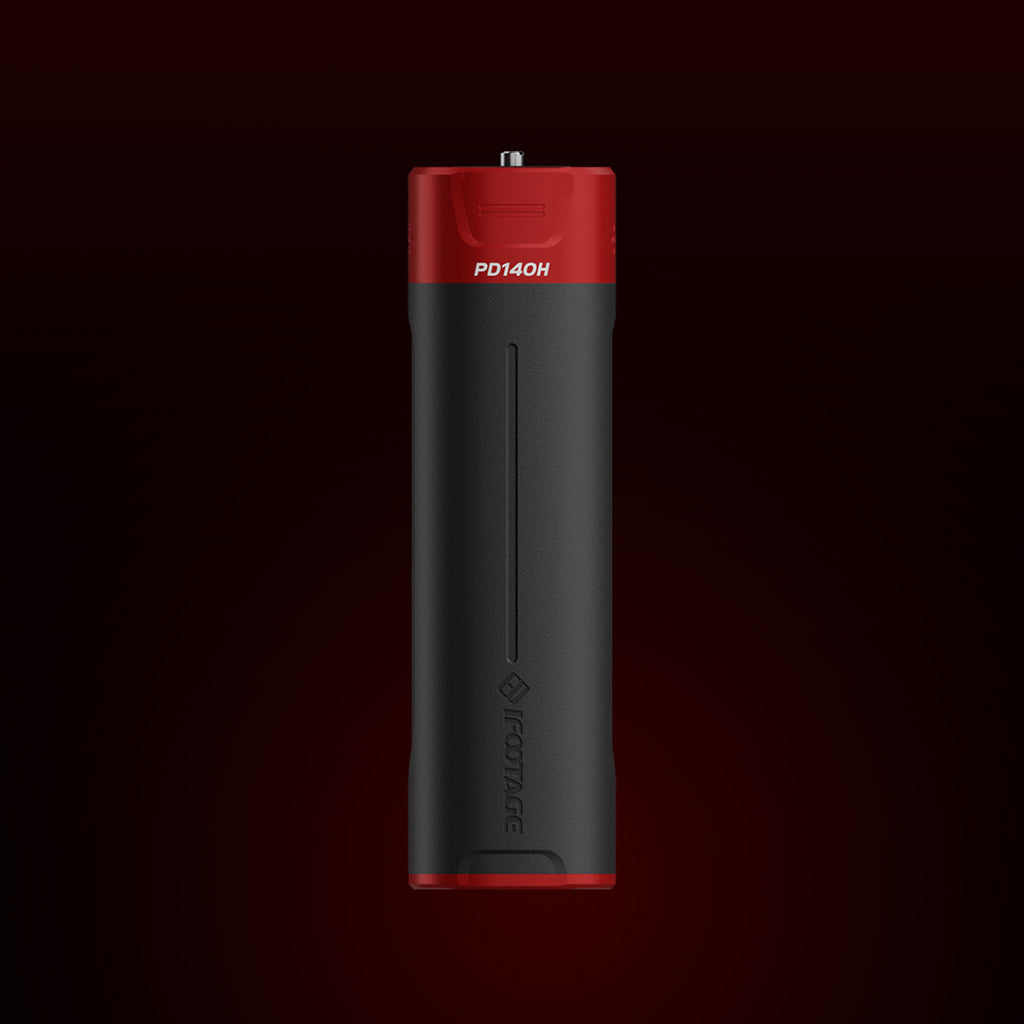How Do I Protect Myself as a Filmmaker, Videographer or Photographer?

Having worked in the industry for more years than I care to remember, I thought it might be a good time to share my thoughts about how you ensure, as a filmmaker, videographer or photographer, that you are operating both legally and professionally. It's all about protecting yourself and those around you. So, if you're recording on your own premises, on location or among members of the public, you need to have the following covered:
1. Public Liability Insurance:
This can be cheaper than you might think and provides annual cover for claims made against you whilst you're working eg you're filming in a public area and a member of the public trips on one of your cables and breaks their hip. (see risk assessment below!). It also covers damage to goods or to property (see Permissions). There are a number of companies that specialise in our area of work and can cut you a taylor made package which could include cover for the making of just one film for instance. Regular insurance companies will also offer policies.
2. Business Insurance:
This is another essential and can be specific to those working in the image making industry. Its most basic form would insure you and members of your team. You can add travel and equipment insurance to this too. Many clients will ask you to show them your business and liability insurance prior to allowing you to record on their premises. You also may be asked for this if seeking permission to record in public areas such as shopping Malls, recreation parks etc.
3. Permissions:
Location recording means that you are locating yourself and your team at a building or land which usually belongs to or is owned by someone. So when location hunting, find out who owns a prospective location and contact them to negotiate permission and access. My experience is that most people are happy to let you use their building or land. Ensure you leave it as you found it as you may want to use it again! Not getting permission can be inconvenient and costly. Permission forms can be downloaded for free and should be signed by all parties.
4. Release:
Some cultures believe that when you take an image of an individual, you capture their soul. I believe that you should always get permission to record an individual for the following reason-it's good professional practice to inform someone about what you are doing and why so that they can make an informed decision around whether they wish to contribute or not. Also, should you wish to screen, publish, post or share the finished work, you will need their permission to do so. Finally, using a 'release form' keeps you out of legal trouble should a contributor object later on. There are a number of good quality forms that you can download, adapt and use for free. When creating your form, be clear and honest about the purpose of the recording you are undertaking and how it may be distributed to avoid misunderstanding or misrepresentation. Get the contributor to print their name (this is really useful for when you add a title) and an email address, sign and date it and store all your release forms in case you need them later on. Release can also be given directly to the camera.
5. Risk Assessment:
I've introduced this concept to a number of production companies now. Every time I shoot, I conduct a 'risk assessment' -not just in terms of risk of injury or risk to life but I'll risk assess, weather, travel arrangements, data storage, logistics, time, budget....pretty much everything! I do this for several reasons. By considering the process and complexities of my upcoming shoot I can mitigate stuff going wrong and also have in place my plan 'B' or plan 'C'. I can also protect my team, members of the public, my schedule and subsequently my budget by identifying potential issues and already have potential solutions in place. You can download standard risk assessment forms and adapt them to suit your circumstances. It's generally a good idea to share them with your team. Note also that many companies will ask you to forward them a full risk assessment prior to allowing you to record on their premises (this can also include evidence of certification of testing of all electrical equipment that you intend using).
And finally, whether you have a production team or you're a single shooter, you should consider and act upon all of the above. This is very much an age of litigation and you therefore owe it to yourself and others to ensure you're keeping it professional.
1. Public Liability Insurance:
This can be cheaper than you might think and provides annual cover for claims made against you whilst you're working eg you're filming in a public area and a member of the public trips on one of your cables and breaks their hip. (see risk assessment below!). It also covers damage to goods or to property (see Permissions). There are a number of companies that specialise in our area of work and can cut you a taylor made package which could include cover for the making of just one film for instance. Regular insurance companies will also offer policies.
2. Business Insurance:
This is another essential and can be specific to those working in the image making industry. Its most basic form would insure you and members of your team. You can add travel and equipment insurance to this too. Many clients will ask you to show them your business and liability insurance prior to allowing you to record on their premises. You also may be asked for this if seeking permission to record in public areas such as shopping Malls, recreation parks etc.
3. Permissions:
Location recording means that you are locating yourself and your team at a building or land which usually belongs to or is owned by someone. So when location hunting, find out who owns a prospective location and contact them to negotiate permission and access. My experience is that most people are happy to let you use their building or land. Ensure you leave it as you found it as you may want to use it again! Not getting permission can be inconvenient and costly. Permission forms can be downloaded for free and should be signed by all parties.
4. Release:
Some cultures believe that when you take an image of an individual, you capture their soul. I believe that you should always get permission to record an individual for the following reason-it's good professional practice to inform someone about what you are doing and why so that they can make an informed decision around whether they wish to contribute or not. Also, should you wish to screen, publish, post or share the finished work, you will need their permission to do so. Finally, using a 'release form' keeps you out of legal trouble should a contributor object later on. There are a number of good quality forms that you can download, adapt and use for free. When creating your form, be clear and honest about the purpose of the recording you are undertaking and how it may be distributed to avoid misunderstanding or misrepresentation. Get the contributor to print their name (this is really useful for when you add a title) and an email address, sign and date it and store all your release forms in case you need them later on. Release can also be given directly to the camera.
5. Risk Assessment:
I've introduced this concept to a number of production companies now. Every time I shoot, I conduct a 'risk assessment' -not just in terms of risk of injury or risk to life but I'll risk assess, weather, travel arrangements, data storage, logistics, time, budget....pretty much everything! I do this for several reasons. By considering the process and complexities of my upcoming shoot I can mitigate stuff going wrong and also have in place my plan 'B' or plan 'C'. I can also protect my team, members of the public, my schedule and subsequently my budget by identifying potential issues and already have potential solutions in place. You can download standard risk assessment forms and adapt them to suit your circumstances. It's generally a good idea to share them with your team. Note also that many companies will ask you to forward them a full risk assessment prior to allowing you to record on their premises (this can also include evidence of certification of testing of all electrical equipment that you intend using).
And finally, whether you have a production team or you're a single shooter, you should consider and act upon all of the above. This is very much an age of litigation and you therefore owe it to yourself and others to ensure you're keeping it professional.

